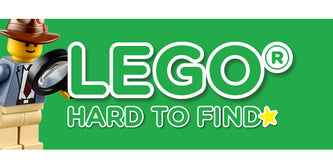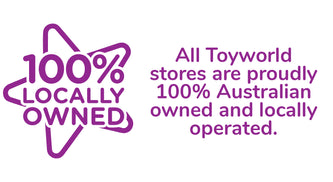The Plus Side of Plush Toys

THE PLUS SIDE OF PLUSH TOYS
Plush toys, often known as stuffed animals or soft toys, have been a beloved companion for children and adults alike for generations. These cuddly toys offer more than just comfort; they play a significant role in emotional well-being, cognitive development, and social skills. In this article, we explore the various benefits of plush toys and why they remain a timeless favourite.
EMOTIONAL BENEFITS
Provides Comfort and Security
Plush toys offer a sense of security, especially for young children. Hugging a favourite stuffed animal can help ease anxiety, reduce stress, and provide comfort during difficult times.
Fisher-Price Newborn Calming Vibes Hedgehog
Supports Emotional Development
Children often express their emotions through plush toys. By talking to their stuffed companions or acting out scenarios, they learn to navigate their feelings, develop empathy, and practice social interactions.
Thready Bear
Acts as a Sleep Aid
Soft toys help create a soothing bedtime routine. Having a plush toy to cuddle can promote relaxation, reduce night-time anxiety, and improve sleep quality.

Bluey Sleepytime Sound Effects Plush - Bluey
COGNITIVE AND DEVELOPMENTAL BENEFITS
Encourages Imaginative Play
Plush toys serve as excellent tools for role-playing and storytelling. Children use them to create adventures, develop narratives, and explore different perspectives, which enhances creativity and cognitive growth.
Winnie The Pooh Beanie 30cm Plush - Tigger
Assists in Language Development
Interacting with plush toys can help children improve their vocabulary and communication skills. Whether they are narrating a story or practicing conversations, these activities contribute to language development.

Disney Baby Lilo & Stitch Animated Laughing Stitch
Enhances Problem-Solving Skills
By incorporating plush toys into various scenarios, children learn to think critically and develop problem-solving skills. They might create situations that require negotiation, decision-making, and logical thinking.
GUND - Flappy Elephant Animated Plush Toy
SOCIAL BENEFITS
Fosters Companionship
Stuffed animals can be seen as friends that provide unconditional support. They help children feel less lonely and encourage social interaction, even in solo play.
Playschool Big Ted Plush 18cm
Encourages Nurturing Behaviour
Caring for a plush toy teaches children about responsibility and compassion. Many children treat their stuffed animals as if they were pets or babies, developing caregiving instincts and emotional intelligence.
Little Live Pets My Baby Monkey
Helps in Therapy and Special Needs Support
Plush toys are often used in therapy settings for children with autism, anxiety, or sensory processing disorders. The soft texture and familiarity of a plush toy can provide comfort and reduce stress in challenging environments.
Moody Octopus Plush Reversible Assorted Styles
PRACTICAL BENEFITS
Travel Companion
A favourite plush toy can make trips more comfortable by providing a familiar object that eases travel anxiety and helps children adjust to new environments.
Bunnies By The Bay Silly Buddy Bunny White
Transitional Object
Many children use plush toys to bridge the gap between home and unfamiliar places, such as day-care or a relative’s house. This attachment can make transitions smoother and less stressful.
Pokemon Squishmallows 10 Inch Wave 5 Marill
Long-Lasting Keepsake
Unlike many childhood toys, plush animals often hold sentimental value and can be kept as cherished keepsakes, passed down through generations as reminders of childhood memories.
GUND Toothpick Bear Light Brown
Plush toys are much more than simple playthings; they offer emotional support, cognitive development, and social growth. Whether providing comfort during difficult times, encouraging creativity, or fostering emotional intelligence, plush toys continue to play an essential role in childhood and beyond. Their timeless appeal ensures they will remain cherished companions for generations to come.
















